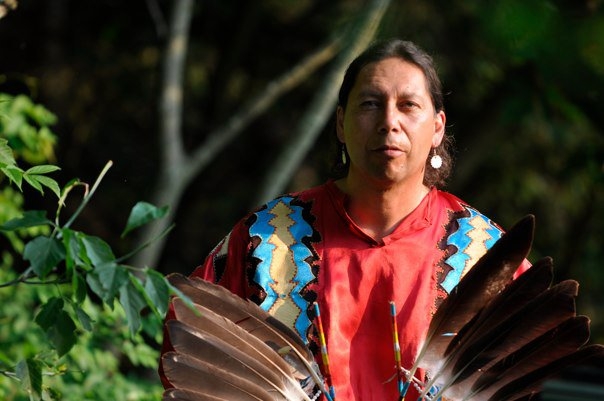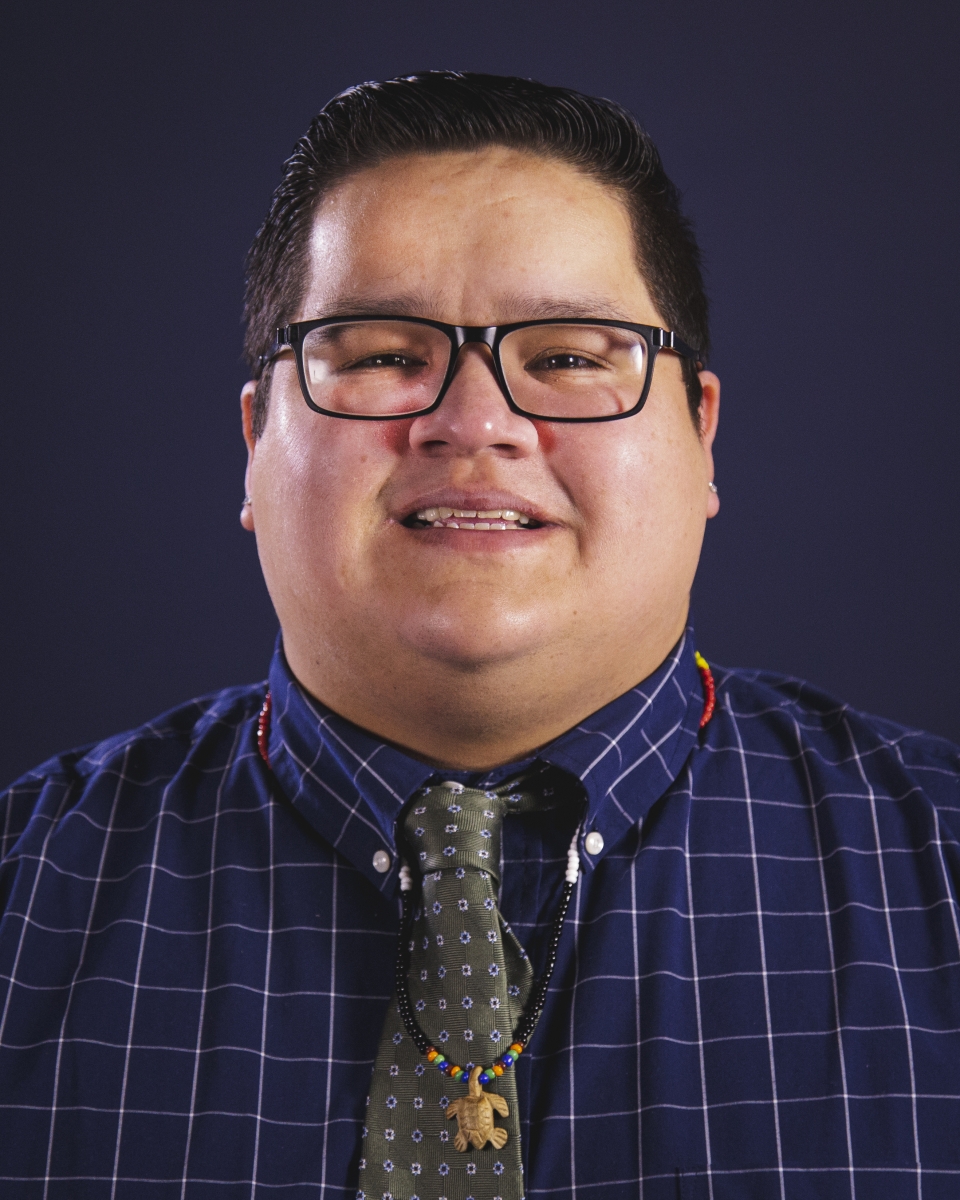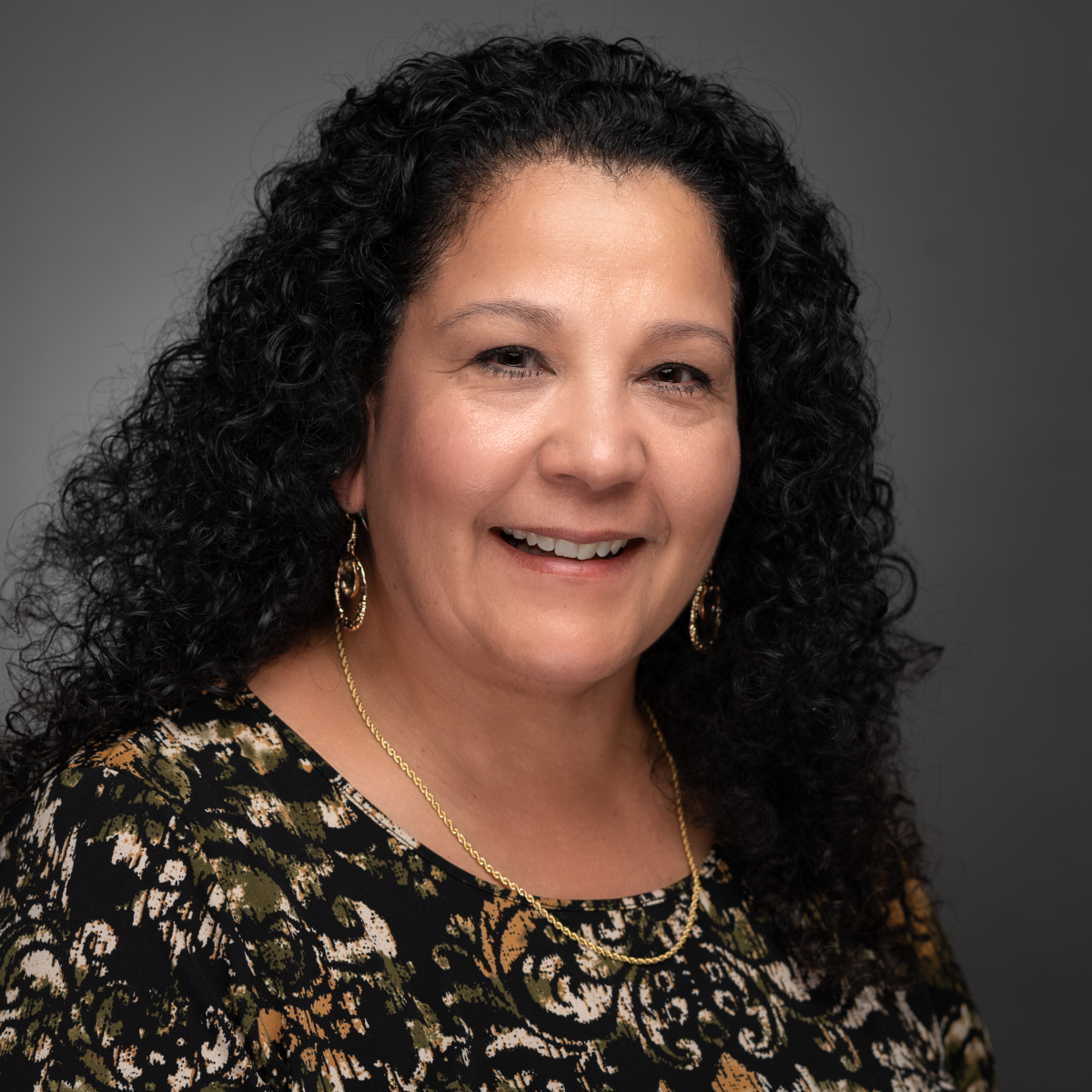Lessons Learned from Indigenizing Teaching and Learning
|
Registration Closed.
Last Date to Register: 3/9/2023 12:01 AM
Last Date to Cancel: 3/9/2023 12:01 AM
|
|
First Nations Studies 2022-2023 Webinar Lecture Series (March)
Lessons Learned from Indigenizing Teaching and Learning with Marin Webster Denning

About the Lecture Series
The Wisconsin Department of Public Instruction (DPI) - American Indian Studies Program in partnership with CESA 12 is offering a unique opportunity to participate in a series of webinars to continue your journey of personal and professional development around First Nations Studies.
These monthly 2-hour webinar lecture series workshops will begin in February 2023 and continue through June 2023. The lecture series will feature various Native American scholars in the fields of history, literature, and education, among other academic content areas. At each session, you will have the opportunity to hear from and learn from Indigenous authors and speakers.
*NOTE: You must be present during the advertised date and time(s) to participate and watch the webinar. The webinars will NOT BE RECORDED. Additionally, participants do NOT have permission or authorization to record either via video or audio the contents of the session attending.*
Date and Time: Tuesday, March 14, 2023 - 3:30pm -5:30pm | Zoom Video Conference Opens at 3:00pm (Pre-registration Required)
Title: Lessons Learned from Indigenizing Teaching and Learning
Presenter: Marin Webster Denning (Oneida Nation of Wisconsin Menominee tribal member, Stockbridge-Munsee, and White Earth Ojibwe descendant). Educator, Community Advocate
Description: Our session together is recognizing many teachers feel reticent and even intimidated when it comes to teaching about a different ethnicity or race. This can often mean sticking to an inherited or recommended lesson plan with no deviation out of a reluctance to be “wrong”. Unfortunately, it can also mean things don’t get taught when caution gives way to fear. As educators, we do have a light to guide our thoughts and actions decades old:
The passage of ACT31 in 1989?
“American Indian Studies in Wisconsin (often referred to as Wisconsin Act 31) refers to the requirement that all public school districts and pre-service education programs provide instruction on the history, culture, and tribal sovereignty of Wisconsin’s eleven federally-recognized American Indian nations and tribal communities.” https://dpi.wi.gov/amind/state-statues
For many educators and schools, this provided a specific framework to lean into an opportunity for specific responsible educational content and process. There are many resources now online and in professional development classes to address what ACT31 requires. After 34 years, the awareness of the requirement remains a challenge. For those that do know of the state statute, there is still a remarkable amount of reluctance to wade into conversations, lessons of race and ethnicity. Our time together will be spent on positive and building notes of respect, relationship, and reciprocity. No matter where you are in the development of ACT31 curricula and lesson planning let us help each other by talking about moving instruction from being about culture, to teaching culturally. What we mean by that is a desire to transform lessons into a learning environment that not only embraces Native culture but gives you a Native frame of reference.
Where to begin? We will be starting our time together exploring your culture and concepts. The next step is to start a process that opens perspectives to include other ways of being and understanding. We will use specific activities of learning about:
1) Culturally informed classroom design
2) Land Acknowledgements
3) Values-based education from one Indigenous perspective
Bio: Marin Webster Denning traditional name is Nodaway Benaise and he is Sturgeon Clan. He was named by the late Eddie Benton Benasie at a Three Fires Midewiwin gathering in Cedar, Wisconsin. He is an enrolled tribal member of the Oneida Nation of Wisconsin. His ancestry includes Menominee, Mille Lacs Ojibwe, Stockbridge-Munsee, French, and English. His time had been in front of classrooms 44 years ago as an educator and lecturer of American Indian history and culture. He has served on community service boards such as the Milwaukee Indian Economic Development Association, Indian Summer Festival Incorporated, Milwaukee Turners, Milwaukee Forum and served as a board member, chair, and director of the Indian Community School. In his time at the Indian Community School, they have been recognized as the American Indian school board of the year by the National Indian School Board Association. He is a parent of four children. Culture has always been a central and guiding principle that speaks to our sense of hope, belonging, meaning, and purpose. Currently, he works with private and public schools, non-profits, universities, and colleges on culturally enriching projects. His professional time is spent as an adjunct lecturer at the University of Wisconsin-Milwaukee and consults with private consulting teams on Diversity, Equity, and Inclusion.
Marin Webster Denning's passion is helping teachers, students, and businesses understand and appreciate Native American culture from a historical and contemporary point of view, to create greater understanding, teamwork, and communication.
Participant Outcomes
As a result of attending this webinar series, participants will have an opportunity to:
- have an opportunity to continue their journey of personal and professional development around First Nations Studies.
- learn about and gain an understanding of the unique circumstances faced by Native people in the past and today and the effect it has on today's students, families, and communities.
- receive information, resources to identify books, and strategies to support teaching and learning about Native peoples, communities, and nations.
- deepen their understanding of the American Indian experience through stories and information shared by the speakers.
- understand the historical experiences and contemporary issues of American Indian peoples and nations through storytelling, language, literacy, etc.
Target Audience
- District Administrators and Principals
- Classroom Teachers
- Curriculum Specialists, Directors of Instruction, and Library Media Specialists
- School Counselors, Social Workers, and Psychologists
- Cooperative Educational Service Agencies (CESAs) Administrators and Staff
- Tribal, Community, and School Liaison's (Home-School/Title VI/Johnson O’Malley Coordinators and Staff)
- Tribal Education Directors and Staff
- Head Start, Early Childhood, and Preschool Staff
- College and University (especially Schools of Education) Students, Faculty, and Staff
- Any others with an interest in American Indian Studies and education.
Facilitator

Bwaakoningwiid David J. O'Connor, American Indian Studies Consultant, Wisconsin Department of Public Instruction; Phone: (608) 267-2283 or david.oconnor@dpi.wi.gov.
Additional Information/Disclaimers
The training webinar will NOT be recorded or otherwise shared after the scheduled dates. The DPI American Indian Studies Program has found that this allows for more candid conversations, richer dialogue, and increased participation.
This training webinar does NOT meet statutory license stipulations for "Wisconsin American Indian Tribes and Bands", which is often referenced as Wisconsin Act 31. For those seeking to address statuary license stipulations, please visit the Wisconsin Department of Public Instruction (DPI) Educator Preparation and Licensing - Statutory License Stipulations webpage for a list of approved courses and workshops. You can also visit the DPI American Indian Studies Program for further information.
* The DPI American Indian Studies Program reserves the right to prioritize enrollment to LEAs with federally-identified IDEA status, Wisconsin's First Nations, and districts with significant educational equity needs.
Training Format
Each webinar session will be 2 hours in length and facilitated by Bwaakoningwiid David J. O'Connor in partnership with the respective presenters for each session. The sessions are intended to be interactive and will include discussion time at the end of each session.
These sessions will be facilitated online using the Zoom cloud video conferencing platform.
Registration and Fees
There are NO registration fees to participate in these webinars offered by the DPI American Indian Studies Program, which are funded through the Individuals with Disabilities Education Improvement Act (IDEA).
Funding for this training limits individual acceptance to WISCONSIN RESIDENTS only. Registration is limited to 300 individuals per session. Pre-registration is required.
Registration: myQuickReg - Lessons Learned from Indigenizing Teaching and Learning
***Each session must be registered separately for the First Nations Studies 2022-2023 Webinar Lecture Series.
Questions

Judy Ross, Program Assistant III
CESA #12 - Center for Special Education and Pupil Services
American Indian Studies Program, https://dpi.wi.gov/amind
618 Beaser Avenue, Ashland, WI 54806
Direct Line: (715) 685-1837
E-mail: judyr@cesa12.org
For more great training opportunities offered by DPI American Indian Studies Program, please visit our webpage: Calendar of Events
Cancellation Policy:
Any registration cancellation must be received by the registration deadline date stated on the event for a refund to be issued. Persons registering and not in attendance on the day of the session will be charged the full registration fee (substitutions are accepted). CESA 12 reserves the right to cancel any session due to insufficient enrollment. Participants will be notified by email or phone if a cancellation occurs.Weather conditions:
If a workshop has been canceled due to weather conditions, every effort will be made to reschedule the workshop. Participants will be notified via email through myQuickReg.com if a cancellation occurs. Please make sure all your contact information is correct on myQuickReg.comMedia Disclaimer:
By registering for an event with CESA 12, participants agree to grant CESA 12 and its authorized representative's permission to record digital photos and/or video,(including virtual platforms) of their participation. Participants further agree that any or all of the material photographed may be used, in any form, as part of any future publications, brochure, or other printed materials used to promote CESA 12, and further that such use shall be without payment of fees, royalties, special credit or other compensation. If you do not wish to have your photo or image used, please contact the agency assistant listed for the event.In-person trainings
Other Helpful Hints: Room temperatures vary from one workshop location to another, so bring a jacket or sweater for maximum comfort.
Dietary Disclaimer:
CESA 12 makes every effort to accommodate basic dietary needs such as vegetarian, gluten-free, and basic food allergies. CESA 12 does not assume liability for adverse reactions to food consumed or items one may come into contact with while eating at a CESA 12 event. To better serve our guests with dietary restrictions or allergies, please go into your myQuickReg account and update the special accommodations section. Notice of a special dietary need must be made at the time of your registration.